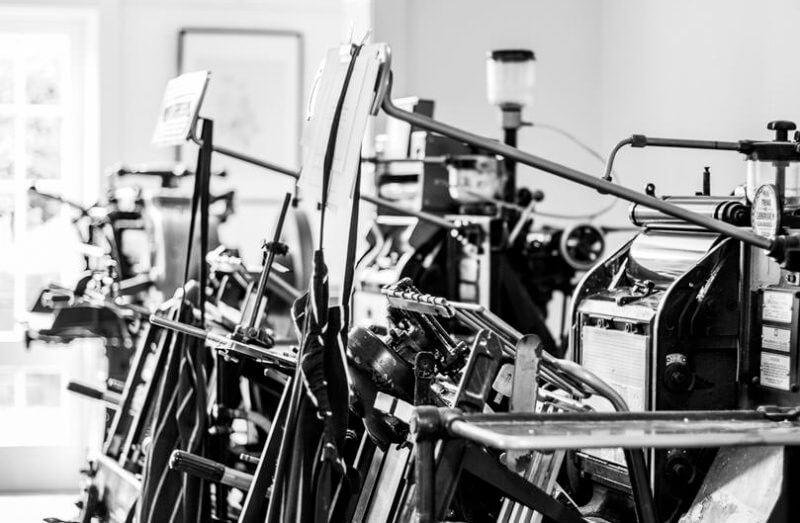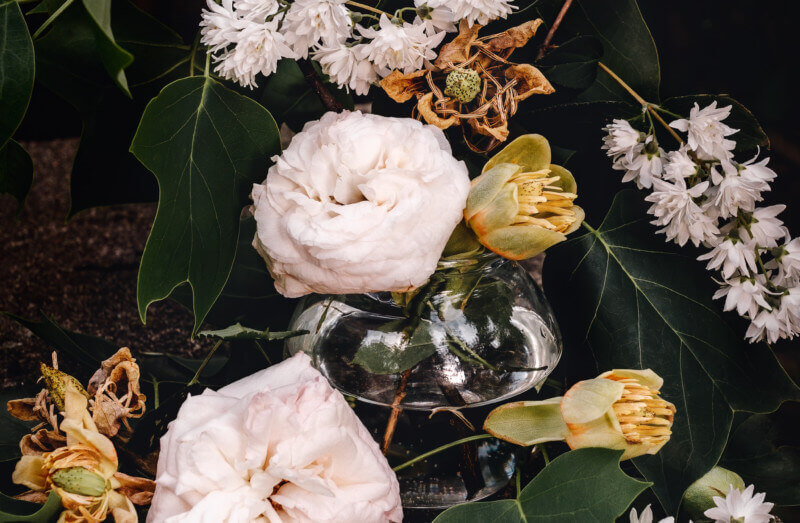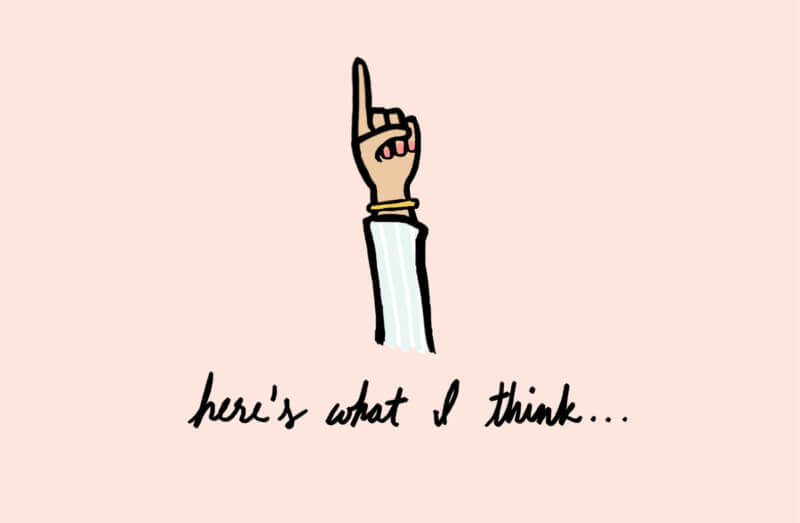
I hadn’t been to the studio for over a month, and the space was much the same as before: empty cardboard boxes balanced atop each other, shelves full of flattened stacks of parent sheets, lead spacing scattered across the main work table, and the terrible offense of leaving wood type abandoned outside its designated drawers. I rented hourly, so the commitment was small, but the mess still bothered me. Letterpress requires serious precision, so I was wary of a printer who was disorganized. This meant you couldn’t rely on their machine, or on the straightness of their cutter. If his type was disorderly, what was the state of his ink jars? But, to my surprise and despite the outward mess, Bill’s machines were well oiled and maintained. Pristine, except for the worn out squeegee I had been bugging him to replace my past two visits.
As he unlocked the door, he explained in a horse voice that he couldn’t stay and that I would be at the studio alone that day.
“I was at a concert late with my son,” he explained, “so I’ll be back sometime in the afternoon.”
He revealed his kid, nine if I remember correctly, was sleeping in and needed to be driven to school. It was around eleven at the time. I said goodbye, and then consider. How weird to take your kid to a rock concert on a school night, I judge. Irresponsible really. He seemed like a straight edge kind of guy, likes Pink Floyd and the Who, but pretty tame by appearances. He reminded me of someone I knew in high school. Clearly an alternative kind of parent, I mused.
As he drove off, I began the methodical, process of printing: cutting my paper, opening the envelopes, warming the ink – the whole time making room on cluttered surfaces. Printing is rhythmic, and I’ve done it so many times it feels like going through the steps of a dance. It seems easier when no one is around to watch you measure, consider colors and make the inevitable mistakes with roller heights. Hours of preparation can pass quickly without much of a dent in the final project.
It’s felt like ages since I last printed, and there’s considerably less pressure with this job. I designed my save the dates to be simple: a minimal layout, printed in one color on blush card stock. I smear black ink on the Heidelberg rollers and turn the press on, thinking of the next chapter. My wedding suite will be the last project of my printing career and I feel both great relief and pangs of sadness as I clear a small area to rest my steel ruler and palette knife.

Sometime after 3pm, Bill returns while I’m adjusting my plate, lingering at the large work table to chat. I oblige with politeness, but only for a short time. I hate putting off a print job, and I’m eager to get it over with. There’s nothing worse than printing in the late afternoon when your eyes are tired and the light is tricking you into thinking the ink color is darker than it really is.
Around 4 o’clock I finish running the envelopes, my second black print run of the day, and I’m done.
Cleaning the press is a necessary evil of letterpress printing, and also the time when I hold my breath as much as possible in order to avoid inhaling the solvent – in this case odorless mineral spirits, which as far as I can tell is anything but fragrance-free. As I’m squirting the fluid onto a rag, Bill emerges from his office, casually inspects my blush-colored save the dates, and wanders over to the dirty press I’m standing next to.
“Finishing up?” he says.
“Yep.” I reply, wondering if this tar will ever get off the rollers. “You know, you really should change your squeegee,” I lecture. I think about how much easier this would be if I had my own studio – a two-minute clean up.
“I probably should,” Bill says in his shaky, raspy voice.
“Do you have a cold,” I ask, “or were you just very loud at the rock concert?” I smirk, teasing, perhaps a little jealous that my parents would never have taken me out late on a school night to see a band.
“Oh no, it’s much more fun than that,” he says.
Usually when people say these kinds of things, it’s not fun at all, but I assumed perhaps a bronchial infection, or tonsillitis at worst. Certainly nothing a cough drop and some sleep couldn’t fix.
“I was diagnosed in December with ALS,” he says bluntly and without hesitation.
My face falls and I’m left feeling terrible and unsure of what to say. For a few moments I’m confused, not sure if I heard him correctly, or if I’m thinking of a different disease with letters. I mumble on for some time about my own nervous system issues while putting all my focus into a particularly dirty spot on a rubber roller. I ask him about how he found out, and he explained the various clues: muscle spasms and issues with his speech over the years; the reluctant google searches and a WebMD self-diagnosis that promptly lead to an internet hiatus. We carry on like that, discussing neurologists and prognosis while I put my back into robotically cleaning each ink smear off the press.
“They think it’s a slow kind,” he shrugs.
“Well that’s something,” I reply, trying desperately to sound optimistic. I’m finished cleaning the press by now, and Bill stands there for a minute before turning to let me get back to my work.
After a fast trim, I am pleased with my short stack of wedding cards, but I notice the utter disarray of the area surrounding the guillotine. Discarded trims, paper to be recycled, and plenty of scraps litter the floor and nearby tables. I try to speed tidy, ashamed that I passed judgement on a man who for good reason can’t afford to spend his time cleaning up stacks of paper in his studio.
To donate to help further ALS research, please visit ALSA.org.

Photos courtesy of Bespoke Letterpress.




